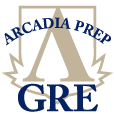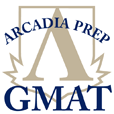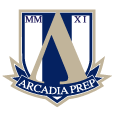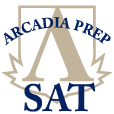




MCAT Physical and Biological Sciences
The physical sciences test covers physics and general chemistry. The biological sciences test covers biology and organic chemistry, with concentration on biology.
The science portions of the MCAT consist mainly of a series of passages, each with several questions or problems. Often the passages involve unfamiliar situations and, rather than numbers, explanations, relationships among various quantities, and extrapolations to new situations. When pre-med students find out about the exam, they are often fearful.
How do you prepare for the MCAT science section?
The short answer is: by thinking and doing physics, chemistry, and biology.
Although these are knowledge based subjects, you need only a working knowledge of the basic concepts of these subjects. In your studies, you should concentrate on the ideas underlying the knowledge. Also, you will not need a battery of specialized equations; however, you should remember enough equations to understand the ideas. The purpose of the MCAT is measure how well you reason, not how much knowledge you have.
In addition to measuring your reasoning ability, the MCAT is testing your problem solving skills. Your goal in your studies is to learn how to approach new problems by studying the solutions to problems. Then you can solve future MCAT problems by thinking in the same way as when you solved previous problems.
It is especially important that you keep an open mind and visualize what you read in the science sections. In biology one can actually see organelles with an electron microscope. Understanding the operation of enzymes requires a bit more imagination. In physics, you must rely on imagination even more, but it is not too different from imagining the working of enzymes. If you view science as a mere collection of facts and equations to memorize, you will find it frustrating. Alternatively, if you approach science looking for new concepts, themes and a new worldview, then your efforts will be better rewarded.




